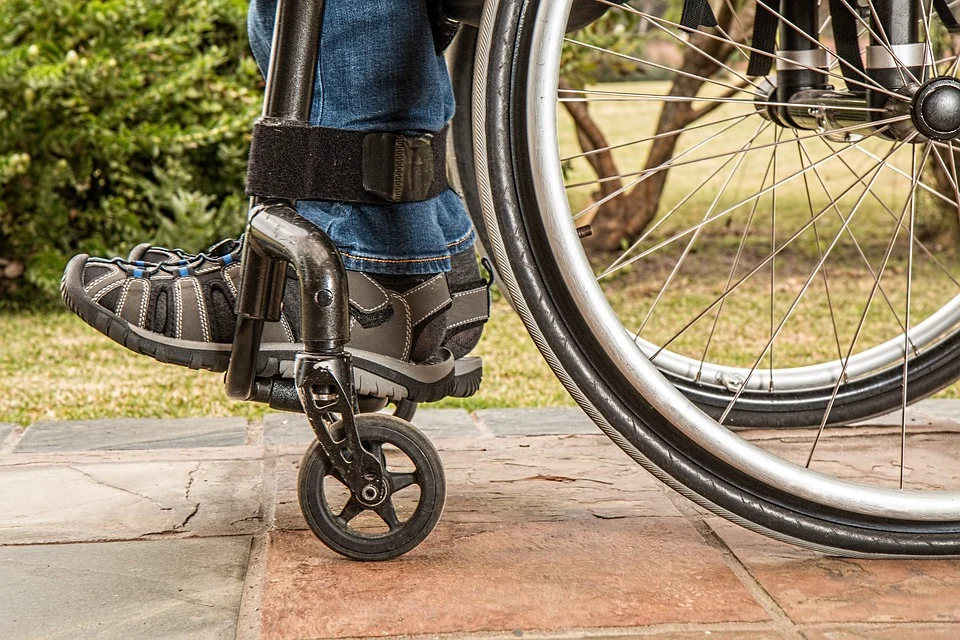Now Reading: How Does the Virginia Statute of Limitations Affect Personal Injury Cases?
-
01
How Does the Virginia Statute of Limitations Affect Personal Injury Cases?

How Does the Virginia Statute of Limitations Affect Personal Injury Cases?
In general, the statute of limitations in Virginia for personal injury cases is two years. This means that an individual has to file a personal injury claim against the defendant within two years from when the accident occurred.
This deadline is crucial since you will not receive compensation if you file the claim after the statute of limitations has passed. Here are some essential aspects you need to know about how filing deadlines will affect your personal injury case in Virginia.
Learn More About the Two-Year Deadline
It is important to note that your lawsuit has to be filed within two years since the accident occurred. The statute of limitations is in place to allow victims the time they need to heal. The time limit also helps establish if a victim’s injuries are permanent or semi-permanent; the severity of injuries and the extent of treatment affect the settlement amount.
If the second anniversary of the accident is coming up, your lawyer has to file the lawsuit as quickly as possible to stop the time from running out on the statute of limitations. However, different legal strategies can pause or postpone the clock.
If the plaintiff is not fit for trial, the lawyer can file a “non-suit.” This may dismiss the case temporarily for six months. The lawyer can later refile the lawsuit, and you will get an additional year to bring your case to court.
Even though the statute of limitations in Virginia is two years, working with a great attorney familiar with state law can allow you more time to settle the case. Consider seeking a local legal expert for your case. For example, if the accident happened in Virginia Beach, a personal injury lawyer from the area will be well-versed in local and state law.
Statute of Limitations for Cases Involving Children and Disabled Individuals
The time limit for bringing a personal injury case to court for children is two years after the child’s 18th birthday. The plaintiff can file after this point, or the parents may file on behalf of the victim before their 18th birthday under certain conditions.
If the court permits the child to be emancipated at 16, the child will have two years from the emancipation date to file a lawsuit. Parents have five years from the date of the accident to file on behalf of their child.
Parents or legal guardians are only permitted to receive a settlement for the child’s medical bills. The victim will have a separate claim for damages covering discomfort, inconvenience, and pain and suffering.
If an injured adult is considered “disabled” at the time of the accident, the statute of limitations can be extended. However, the court must deem the individual incapacitated. This rule mainly applies to individuals who are diagnosed with a mental disability.
However, there are exceptions to these rules. If there is a medical malpractice case against the individual’s health care provider, a minor has to file a lawsuit within two years of the malpractice act. If the child was younger than eight years of age when the malpractice took place, the child (or the child’s parents) will have until their 10th birthday to bring the case to court.
To ensure that you prepare a strong case within the statute of limitations that applies to your case, contact a personal injury lawyer as soon as possible after the accident. Under their expert legal guidance, you can smoothly sail across procedures and ensure a positive outcome for your case.
Consult a Legal Expert
It is essential to speak with a personal injury attorney as soon as you can. Your lawyer will explain the statute of limitations in Virginia so you will know how much time you have to bring your case to court. Your attorney will also work with you to make sure all the documentation you need is submitted to a judge or jury in time for you to receive fair compensation.
Author:
With a law degree under his belt, Mark Scott understood very early that law communication was a relatively neglected area. He decided to help people by “translating” the language and offering information and advice in a clear, useful, and actionable manner. For this reason, instead of finding him in court, you will most likely find his name online, where he is very active and thriving as a legal columnist. His part of making the world a better place is to make the law a less convoluted maze. He aims to make it easier for people to understand when and how to seek legal counsel, how to proceed in a significant number of legal matters, and to find the proper resources so they can stand up for their rights.











